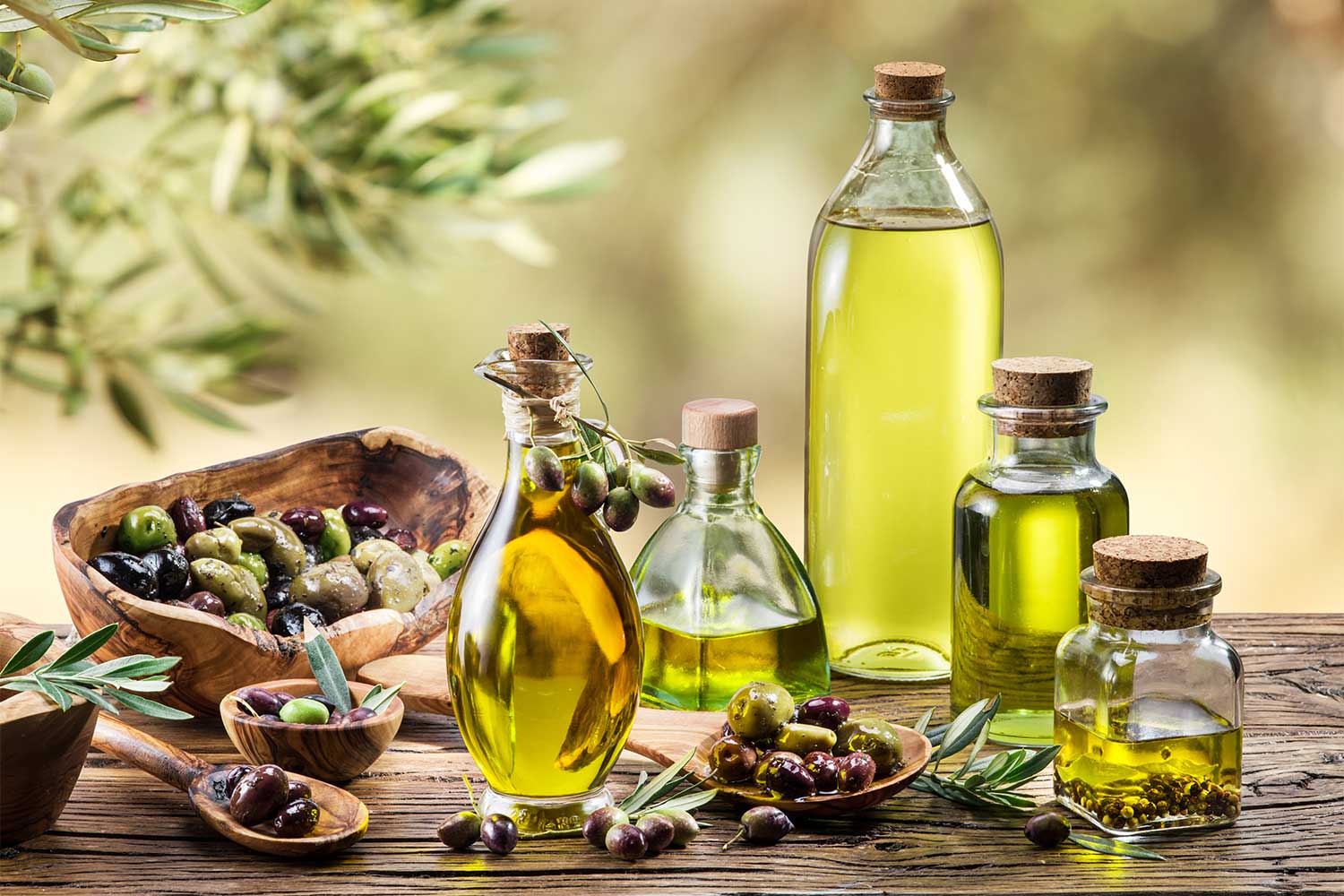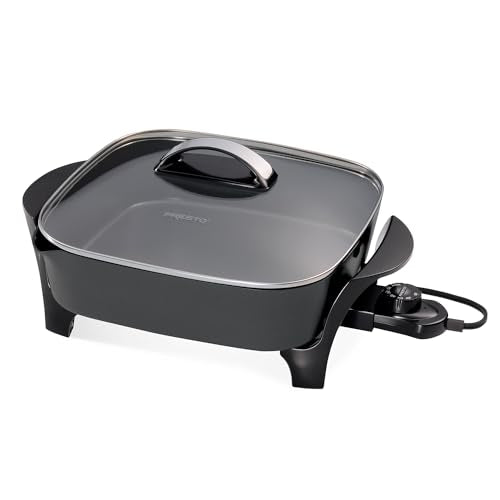Have you ever wondered about how to make olive oil at home? Well, you're in for a tremendous treat! This detailed guide will teach you everything you need to know about crafting your own olive oil. Whether you're a kitchen professional or a passionate foodie, making olive oil at home can be a life-changing experience.

Why Make Olive Oil at Home?
Creating your own olive oil at home has several benefits. First and foremost, it ensures quality and authenticity. Nothing beats the freshness and purity of homemade olive oil. Additionally, it gives you complete control over the entire process, from selecting the olives to pressing the oil. Finally, homemade olive oil is a great way to explore your culinary creativity.
Choosing the Right Olives
The first step to making olive oil at home is selecting the right olives. There are hundreds of olive varieties, but not all are ideal for making olive oil. Some popular choices include Picual, Koroneiki, and Arbequina. It's essential to choose fresh, ripe olives for the best flavor and quality.

Equipment Needed
Before you start the process, make sure you have the necessary equipment:
- Bowl or bucket for collecting olives
- Mill or food processor for crushing olives
- Press for extracting oil
- Cheesecloth or fine mesh strainer for filtering oil
- Bottles or containers for storing oil
The Olives Crushing Process
The first phase of making olive oil is crushing the olives. This step releases the oil from the olive flesh. Traditional methods use a stone mill, but modern options include food processors or specialized olive mills. Crush the olives until you get a thick paste.
Pressing the Olives
Once you have the olive paste, it's time to press it. Place the paste into a press and apply pressure to extract the oil. This process separates the oil from the paste, leaving behind a mixture of oil and water. The quality of your press will significantly impact the yield and purity of your olive oil.
Filtering the Oil
After pressing, you'll need to filter the oil to remove any impurities. Using cheesecloth or a fine mesh strainer, pour the mixture through and let the oil separate from the water and solid particles. If needed, repeat the filtering process to achieve a clear, pure oil.

Storing Your Olive Oil
Once your oil is filtered, it's essential to store it correctly to maintain its quality. Use dark glass bottles or containers to protect the oil from light and heat. Store the bottles in a cool, dark place to prevent oxidation.
Tips for Best Results
- Use fresh, high-quality olives for better flavor.
- Ensure your equipment is clean and sanitized.
- Store olive oil properly to prolong its shelf life.
- Explore different olive varieties to find your preferred taste.
Frequently Asked Questions
How long does homemade olive oil last?
Homemade olive oil can last up to two years if stored properly in a cool, dark place.
Can I use any type of olive for making olive oil?
While you can use any olives, it's best to choose varieties known for their oil, such as Picual, Koroneiki, or Arbequina.
Is homemade olive oil better than store-bought?
Homemade olive oil can be fresher and purer, providing you use high-quality olives and proper techniques.
For additional tips on maintaining a clean kitchen where you can create your culinary masterpieces, check out these top cleaning tips.
As an Amazon Associate, I earn from qualifying purchases.






Leave a comment
This site is protected by hCaptcha and the hCaptcha Privacy Policy and Terms of Service apply.